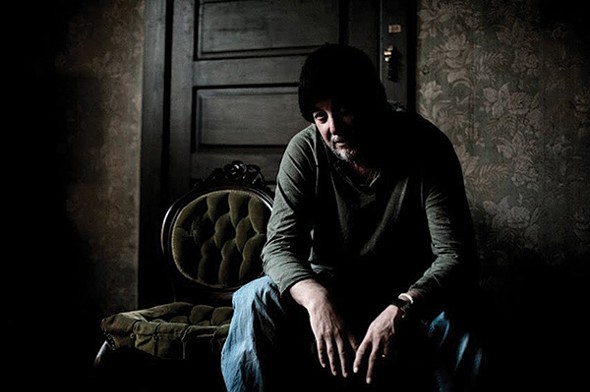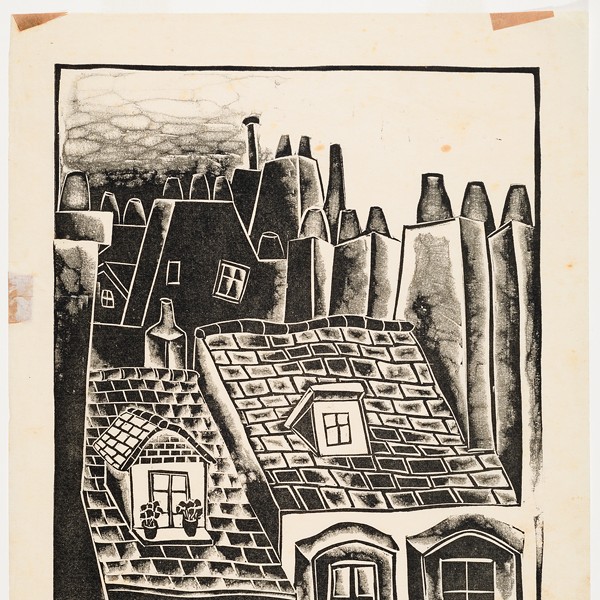Unlike the nitpicky naysayers who derided the decision, moaning that lyrics and poetry are separate mediums, Greg Brown had no misgivings about Bob Dylan's being awarded the Nobel Prize for Literature last month. "I thought it was great—it made me smile when I heard the news about that," says the singer-songwriter, who will appear at the Towne Crier on January 13. "There's a lot of poetry in Dylan's music itself, and in his words there's a lot of music—even in his prose writing there's a lot of music. To me it's never been a question, whether there's a difference between poetry and songs. A lot of poetry is music."
Born in Iowa, Brown came into the world well equipped to straddle the strands of music and words: His mother was an English teacher who also played guitar, and his father was a part-time Pentecostal preacher who played banjo. As the family moved around the Midwest, he absorbed the country, blues, gospel, bluegrass, rock 'n' roll, and classical sounds he heard and began playing guitar and penning his own songs. After enrolling at the University of Iowa and winning the campus talent show prize of an opening slot for Woodstock folk great Eric Andersen, the young troubadour—with Andersen's encouragement—lit out for New York in the summer of 1969. There, he landed a regular gig at Gerde's Folk City and ran the fabled venue's weekly hootenanny night for several months.
After one LP with the duo Hacklebarney (named for a section of the Hawkeye State), Brown's first solo release, 44 & 66, appeared in 1980. With his rustic, unhurried songs, rambling-hobo touring regimen, and frequent visits to NPR's "A Prairie Home Companion," he's amassed a base of dedicated fans and a discography that presently contains 24 albums. Among the plums in his catalog are 1981's The Iowa Waltz, whose sweet 'n' lazy title cut was the subject of a movement to make it the new state song of his beloved home; 1993's Friend of Mine, a collaboration with Bill Morrissey that earned a Grammy nomination; and 1993's Indie Award-winning The Poet Game. Another Indie winner is 1986's Songs of Innocence and Experience, which sets William Blake poems to music. "Blake was a musician too—he played guitar—and in his day love poems were actually called 'songs,'" Brown says. "His words are very musical. On the surface his poems are very simple, but they have great depth." The singer and guitarist's most recent outing is 2012's Hymns to What Is Left.
Following some grinding years in Los Angeles during the 1970s, Brown returned to Iowa, where he increasingly likes to hide out as he cuts back on touring. "Eugene," from 2006's The Evening Call, mirrors the 67-year-old's slowing cant: "Sometimes you gotta go look for nothin'," it says. In a frantic, technology-driven era, is it hard for the songwriter, whose tunes speak of trout fishing and time in the woods, to "look for nothin'" and still find enough work? "It's not hard for me, but the margins [of the world] have certainly narrowed," reflects Brown, who is the husband of fellow singer-songwriter Iris DeMent, and, from an earlier marriage, the father of another, Pieta Brown. "For me, though, the idea has always been to make a living, not a killing."
Greg Brown performs at the Towne Crier in Beacon on January 13 at 8:30pm. Tickets are $40 in advance and $45 at the door. (845) 855-1300.














